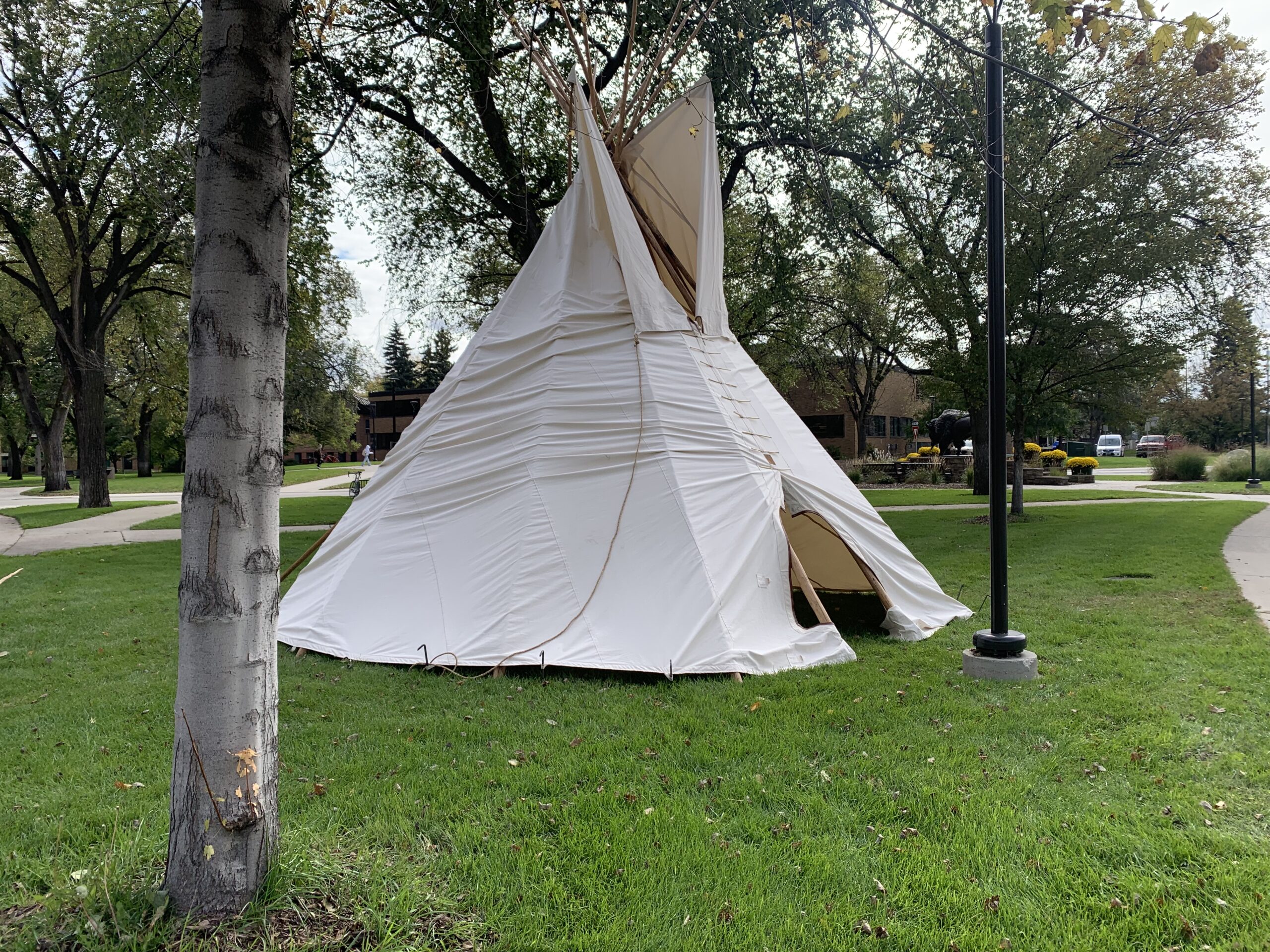In the realm of public health, one size does not fit all, and the Center for Indigenous Public Health at North Dakota State University understands this principle better than most. In a recent presentation, Jaclynn Davis Wallette the director of multicultural programs here at NDSU, Mikalen Belgarde the Public Health Coordinator, and Gretchen Doberuich American Indian Public Resource Center Policy Manager from the center highlighted their commitment to working with tribal communities, respecting their cultural protocols, and acknowledging their unique beliefs and values.
For indigenous communities, relationships are paramount, making being present in the community a critical aspect of the center’s work. The presentation stressed the importance of respect, trust, and generosity, values that resonate with many indigenous groups. Reciprocity is a central theme, and the center reciprocates this generosity by working from the heart and dedicating their time to respecting the tribes’ schedules. Doberuich highlighted the need for tailored approaches when it comes to the center’s purpose. They stated, “What applies to one tribe, may not apply to another.” The center’s mission is deeply rooted in a respect for diverse tribal cultures, their customs, and their beliefs.
While it may be tempting to assume that a single approach can fit all tribes, the center highlights the importance of deep engagement. Their team immerses themselves in tribal communities, understanding their living conditions, and realities, and fostering the trust needed to build strong relationships.
Effective communication is another key element in their approach. As each individual is different, the center utilizes visual aids and infographics, even hiring graphic recorders to synthesize complex information into visual narratives during conferences. This commitment to storytelling allows them to effectively convey the work they do.
The presentation also discussed a recent project undertaken by the center, focusing on providing tribal and public health training to those new to the field. This comprehensive training introduces learners to the historical development of public health and how it intersects with tribal health, addressing social determinants of health and tribal leadership roles.
Additionally, their work goes beyond training. The center has extended to practical initiatives like the Tribal Maternal Infant and Child Health Symposium. Which is aimed at tackling high maternal and infant mortality rates in the Upper Great Plains.
Advocacy is another core aspect of the center’s work. They provide various policy services, such as 638 visibility studies, assisting tribal nations in taking over the management and operation of their healthcare systems. Their work is not only empowering tribal communities but also setting an example of how cultural responsiveness and public health can go hand in hand to create healthier, thriving communities.
